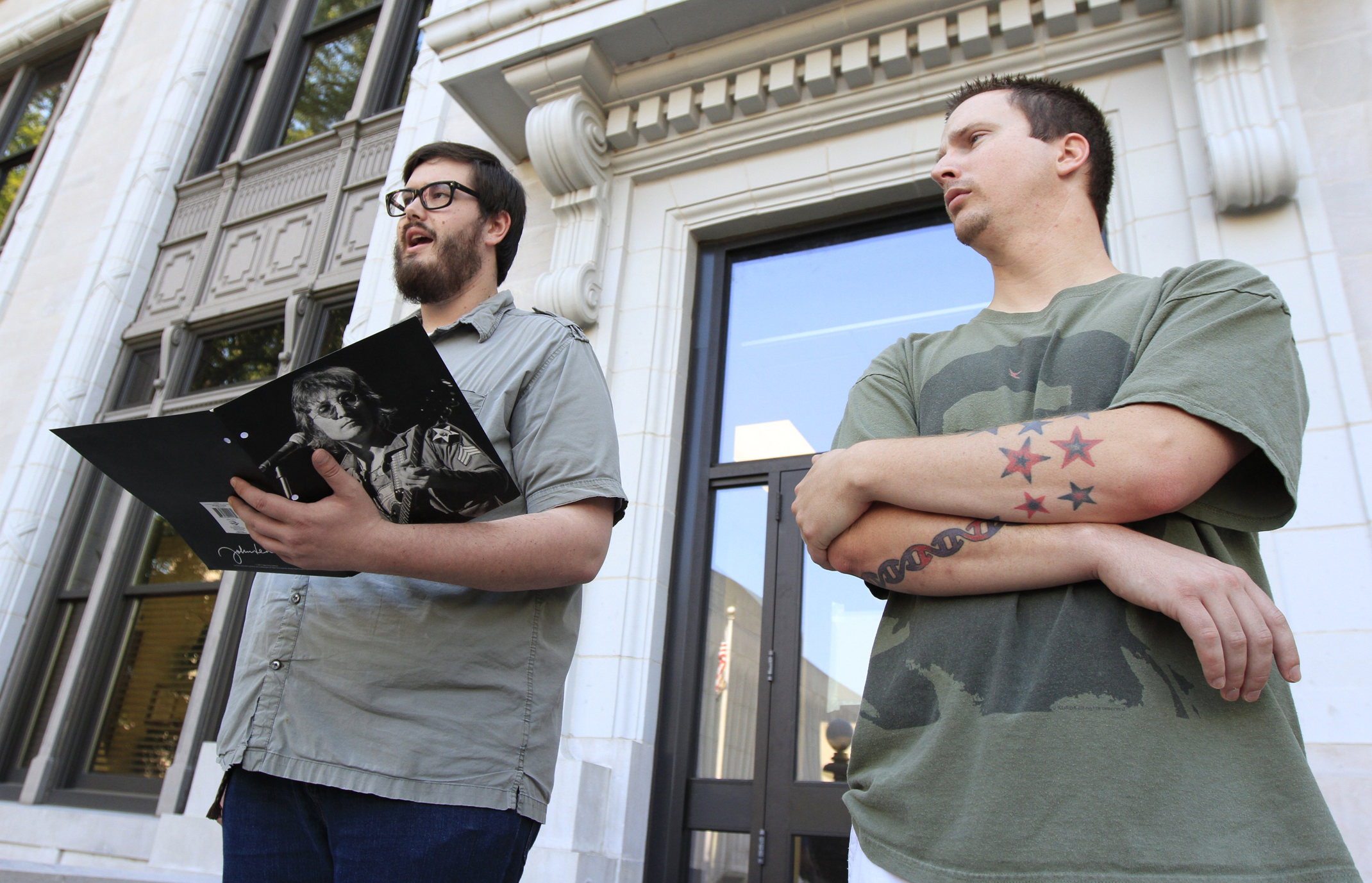A federal appeals court will hear arguments on April 24 on whether the Hamilton County commissioners must stop allowing invocations at public meetings.
Judges with the U.S. Court of Appeals for the U.S. 6th Circuit also ruled on two motions filed by outside parties since the case went on appeal after local U.S. District Judge Harry S. "Sandy" Mattice declined to halt the prayers temporarily while the case worked its way through the courts.
Local attorney Robin Flores represents the plaintiffs, Brandon Jones and Tommy Coleman, who filed a lawsuit in June 2012.
Flores said Friday that his clients have a sound argument. If the appeals court halts the prayers temporarily, then it's likely they will be halted permanently, he said.
"Actually this is the critical point," Flores said. "If they put down the preliminary injunction, then we win."
Flores said regardless of the outcome the losing side likely will ask the U.S. Supreme Court to take up the case.
The appeals court denied an attempt by former candidate for Tennessee governor Basil Marceaux to file a brief on behalf of the case.
The appellate judges did grant a "friend of the court" brief on behalf of the Kentucky League of Cities.
The league filed in support of Mattice's decision and on the side of the County Commission because any changes to allowing prayer at public meetings would affect its members because Kentucky is also within the 6th Circuit.
Flores said the league's brief just adds another opinion on the issue but he doubted it would have much effect on the judges' decision.
Lead attorney for the commission, Steve Duggins, said the court ruling highlights the possible reach of the case's outcome.
"I think it recognizes the widespread impact this case could have, because it impacts more than just Chattanooga. There is a long tradition of local governments, and federal, holding prayers before meetings ... I think by the court accepting this brief, the court is recognizing that impact," Duggins said.
The Kentucky group's brief has a "different angle" from the county's. Duggins said he welcomes the group's input.
Before the lawsuit there was not a written policy on prayer or invocations at meetings. Shortly after the lawsuit, commissioners created a prayer policy that allows ordained ministers of any faith to lead the meeting's invocation on a first-come, first-served basis.
Staff writer Louie Brogdon contributed to this report.

